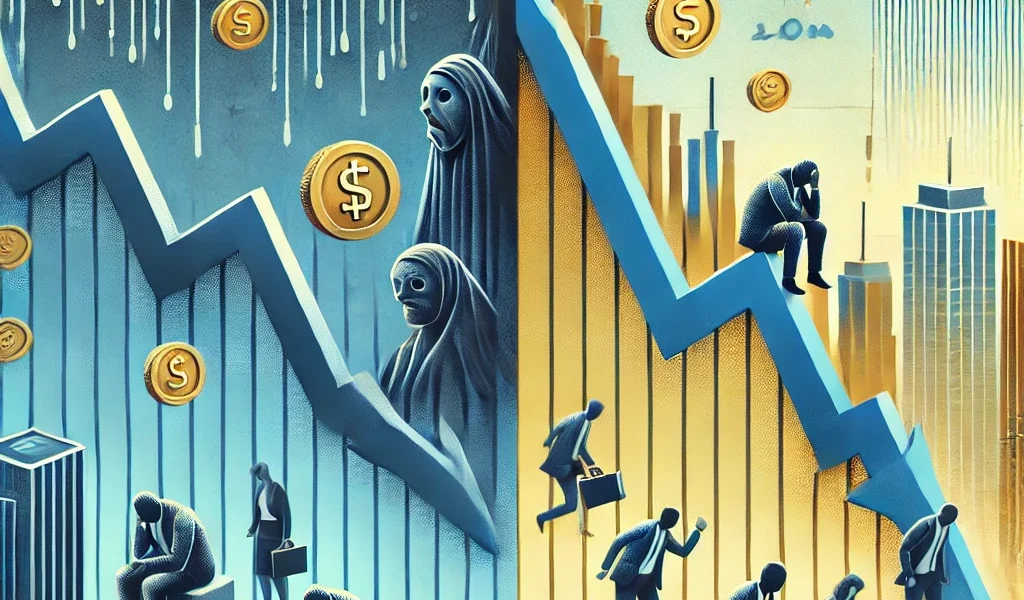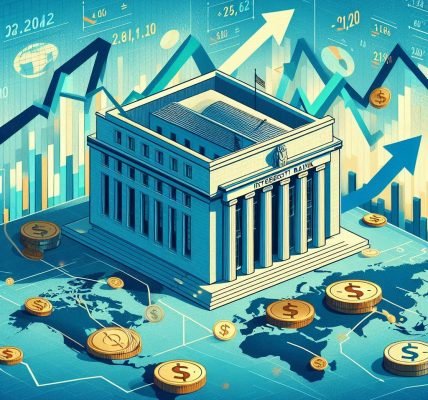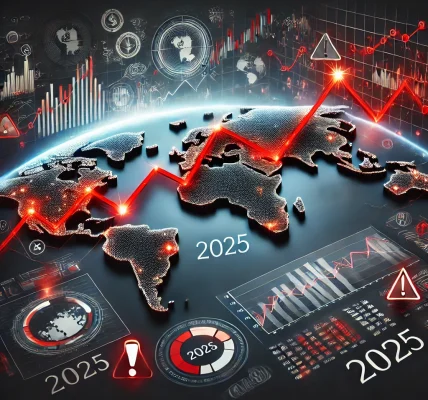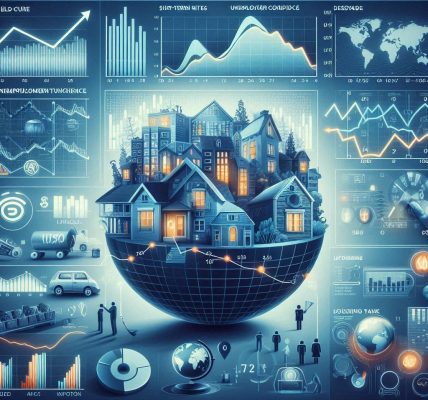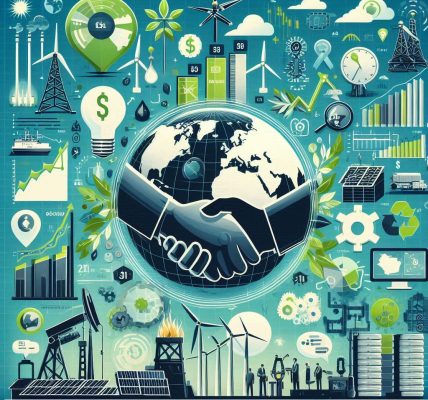Introduction
The terms economic recession and economic slowdown are often used interchantroductionngeably, but they have distinct meanings and implications. While both signal a decline in economic activity, their causes, severity, and impact on businesses and consumers differ significantly. Understanding these differences is crucial for making informed financial and investment decisions.
In this blog, we will explore the key differences between a recession and a slowdown, their effects on individuals and businesses, and how you can prepare for each scenario.
What Is an Economic Slowdown?
Definition
An economic slowdown refers to a period of reduced economic growth, where the GDP (Gross Domestic Product) expands at a slower rate than before. It is a natural part of the business cycle and does not necessarily indicate a crisis.
Characteristics of an Economic Slowdown
- GDP Growth Declines: The economy continues to grow but at a slower pace.
- Mild Impact on Employment: Businesses may reduce hiring, but large-scale job losses are uncommon.
- Stock Market Volatility: Markets may experience fluctuations due to reduced investor confidence.
- Lower Consumer Spending: Consumers become more cautious, impacting retail and service industries.
- Interest Rate Adjustments: Central banks may lower interest rates to encourage borrowing and investment.
Common Causes of Economic Slowdowns
- Tightened Monetary Policy: When central banks raise interest rates to control inflation, borrowing becomes expensive, slowing down economic activity.
- Global Economic Conditions: A slowdown in major economies like the U.S. or China can affect global trade and growth.
- Political and Policy Uncertainty: Trade policies, government regulations, or tax changes can affect business investment.
- Supply Chain Disruptions: Natural disasters, geopolitical conflicts, or pandemics can hinder production and economic growth.
What Is an Economic Recession?
Definition
An economic recession is a prolonged and significant decline in economic activity, typically marked by two consecutive quarters of negative GDP growth.
Characteristics of a Recession
- Negative GDP Growth: Economic output shrinks over consecutive quarters.
- High Unemployment Rates: Companies cut jobs due to declining demand and revenue losses.
- Stock Market Declines: Investors pull out of the market, leading to sharp declines in stock prices.
- Reduced Consumer and Business Confidence: Fear of financial instability leads to decreased spending and investment.
- Government Intervention: Governments implement stimulus packages, lower interest rates, and introduce relief measures to revive the economy.
Common Causes of Economic Recessions
- Financial Crises: Banking collapses and liquidity shortages can lead to economic downturns (e.g., 2008 global financial crisis).
- Sharp Decline in Consumer Demand: High inflation or declining wages reduce purchasing power.
- Geopolitical Events: Wars, trade disputes, or global pandemics can trigger recessions.
- High Debt Levels: Excessive corporate and household debt can lead to defaults and financial instability.
Key Differences Between a Recession and a Slowdown
| Feature | Economic Slowdown | Economic Recession |
|---|---|---|
| GDP Growth | Positive but slow | Negative over consecutive quarters |
| Unemployment | Mild impact on job market | Significant job losses |
| Stock Market | Moderate fluctuations | Major downturns and prolonged bear markets |
| Consumer Spending | Slower growth but still stable | Sharp decline due to reduced income |
| Government Response | Adjusts interest rates, minor interventions | Implements stimulus packages, bailouts |
| Duration | Temporary and recoverable | Longer and more severe |
How Do Economic Recessions and Slowdowns Affect You?
Impact on Individuals
- Job Security: In a slowdown, job losses are limited, but during a recession, layoffs become widespread.
- Income Levels: Wage growth slows in a slowdown, but in a recession, wages may stagnate or decline.
- Cost of Living: Inflationary pressures can persist in a slowdown, while recessions may see deflation.
- Investment Returns: A slowdown causes mild volatility, but a recession can lead to major market losses.
Impact on Businesses
- Sales and Revenue: Businesses see reduced consumer spending in both cases, but a recession leads to severe declines.
- Investment and Expansion: Companies may delay projects and expansion plans in a slowdown, while in a recession, many may shut down operations.
- Hiring and Layoffs: Slowdowns reduce hiring, but recessions lead to job cuts and hiring freezes.
How to Prepare for an Economic Slowdown or Recession
For Individuals
- Build an Emergency Fund: Having 6-12 months of savings can help you manage financial uncertainties.
- Diversify Income Sources: Consider part-time jobs, freelancing, or investments to supplement your income.
- Reduce Debt: Prioritize paying off high-interest loans and credit card debts.
- Invest Wisely: Diversify your portfolio to include bonds, gold, and defensive stocks to minimize risks.
- Enhance Skills: Upskilling or reskilling can help you remain employable in a tough job market.
For Businesses
- Optimize Costs: Reduce unnecessary expenses and improve operational efficiency.
- Strengthen Cash Flow: Maintain liquidity to survive economic downturns.
- Diversify Revenue Streams: Explore new markets or products to maintain steady income.
- Adapt Pricing Strategies: Offer discounts, loyalty programs, or flexible payment options to retain customers.
- Monitor Market Trends: Stay updated on economic indicators to make informed business decisions.
Final Thoughts
While economic slowdowns and recessions both indicate economic challenges, they differ in intensity, duration, and impact. A slowdown is a temporary deceleration in growth, whereas a recession signals a deep contraction that affects employment, businesses, and overall financial stability.
Being prepared for both scenarios can help individuals and businesses navigate economic uncertainty with confidence. By making informed financial decisions, managing risk, and staying adaptable, you can weather economic downturns and emerge stronger.
Disclaimer:
This article is for informational purposes only and does not constitute financial or legal advice. Readers should consult financial experts before making any investment or financial decisions.
